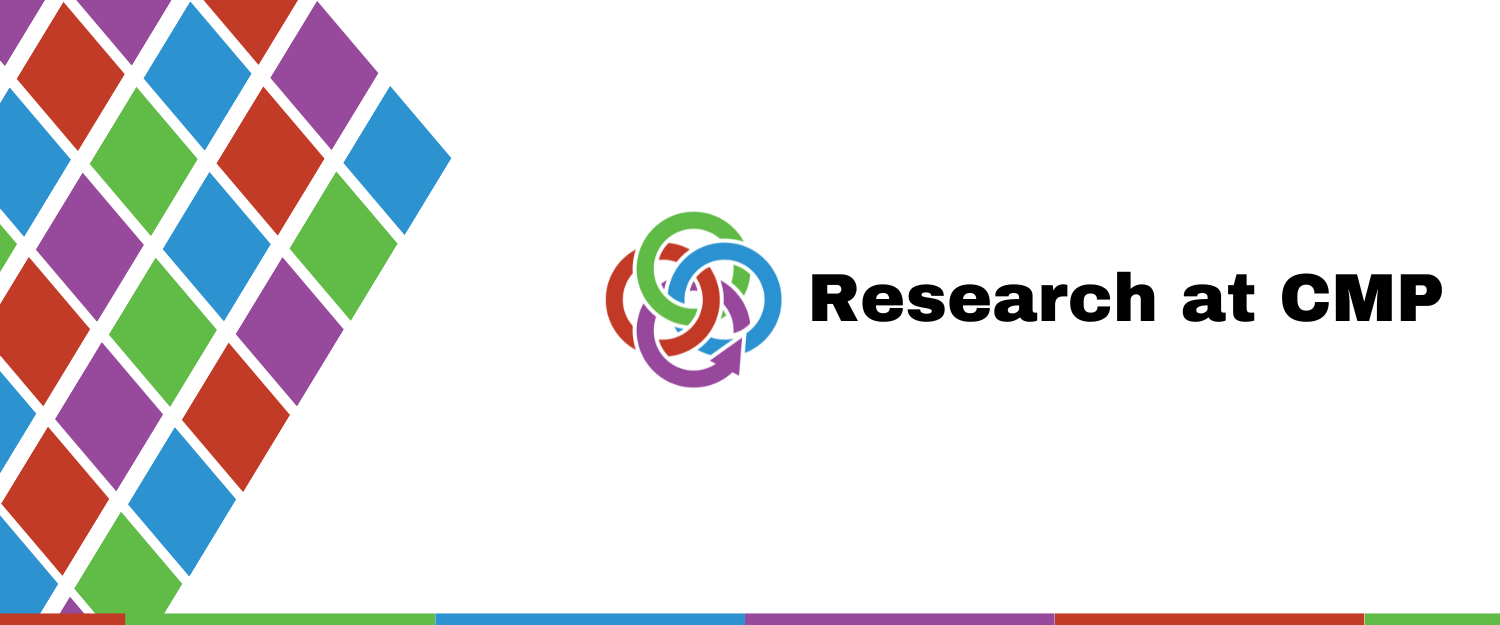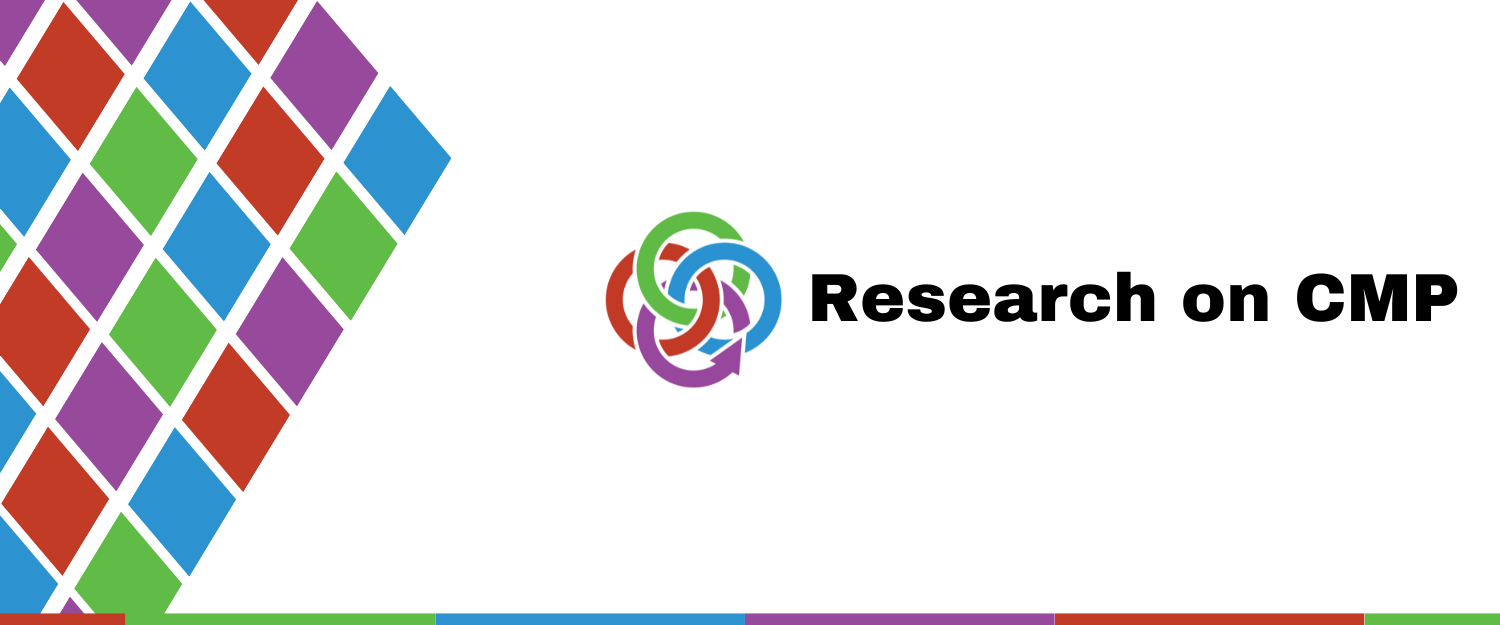Research

The Connected Mathematics Project (CMP) at Michigan State University has been working for over 40 years to design, develop, field-test, evaluate, and disseminate mathematics curriculum materials for middle school students and teachers. This involves continuous input from ongoing CMP research activities funded by CMP royalties or by the National Science Foundation related to teaching and learning mathematics. In addition, through the four iterations of the curriculum materials, our research and development work have been richly enhanced by advice from teachers and students who used field-test versions of the materials. In turn CMP classrooms have been the subject of extensive research done by non CMP researchers, which has consequently impacted the field at-large.
Click below to explore Research at CMP and Research on CMP.

